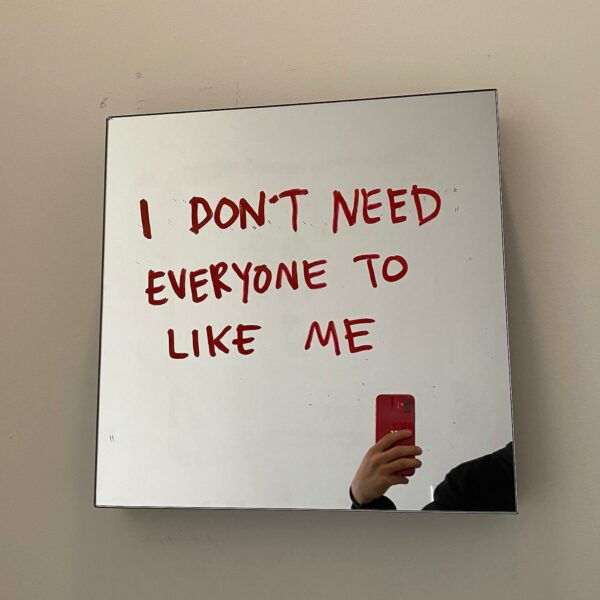Short on time? Poosh here for the summary.
One of the most effective ways to reclaim mental bandwidth is to identify where you are “leaking” energy. In my 25 years as a psychotherapist, I have found there are common energy leaks that leave my clients, students, and community members feeling drained, flat, and exhausted.
Do any of these top 7 emotional energy leaks resonate with you?
When nothing is easy and you’re always on the defense or being criticized at every turn, these are big energy drains. Think through the relationships in your life that eat up your bandwidth. It could be a romantic partner, a family member, a friend, or a work colleague.
How much time do you spend worrying about things that haven’t happened? When we worry, we are fearfully or catastrophically projecting into the future. If you have a habit of worrying, it could be a learned behavior from childhood. Obsessing about the potential bad things that could happen will not change what happens (because worrying is not the same as preparing), and it is a huge energy leak.
When we procrastinate, we are not doing something we know we must and even though we are not doing the thing, it still dominates our mind. Remember, where our attention goes, energy flows.
You do your best work when you are expansive, not constricted by waiting until the last minute. We need time and preparation to have the luxury of space to be creative, think things through, and make adjustments.
Most of us have shows we like to watch, but streaming or scrolling for hours at a time on a regular basis can drain your energy.
Here’s something important to think about: If you’re watching things that are violent or stressful, your body responds with real feelings. So when you watch a scary movie, your body releases stress hormones like cortisol. Over time, these hormone dumps can fatigue our adrenals and lead to exhaustion and inflammation.
Work/life balance is essential to optimal energy flow because overworking is a massive energy suck. Research suggests that working more than 45 hours a week is detrimental to both your physical and mental health.
You can put systems in place to prevent getting lost in work and ensure your relationships with family, friends, a partner, and your own self-care have a sacred place in your calendar and life.
Codependents suffer from exhaustion based on overfunctioning, over-giving, and hypervigilance. How do you know if the way you relate to people is codependent?
Take a quick inventory:
- Are you doing things for others they can and should be doing for themselves?
- Are you inserting yourself into situations that are not on your side of the street?
- Are you overly invested in the feelings, outcomes, relationships, and choices of others to the detriment of your own internal peace.
If you’re nodding your head, you might be leaking a lot of energy from codependent behavior patterns. I can tell you for a fact that codependency is exhausting.
One of the biggest underlying causes of energy leaks is having disordered boundaries. Saying yes when you want to say no, over-functioning, letting bad behavior slide, and not speaking your truth can become perpetual energy drains.
Sometimes replenishing your mental capacity starts with simply knowing when to say no. When you prioritize how you feel and master the art of healthy boundaries, you will reclaim your mental bandwidth. As a bonus, your life will become exponentially less stressful so you can get back to living your best life.
Shop our mental health collection:
Up next, be the first to know our weekly content and sign up for our Poosh newsletter.
TL;DR
Identify the habits, people, and things in your life that are making you feel emotionally and physically drained. Practice healthier boundaries, and prioritize your own health. Then, you’ll be better able to bring your best self to every new situation and relationship.






































